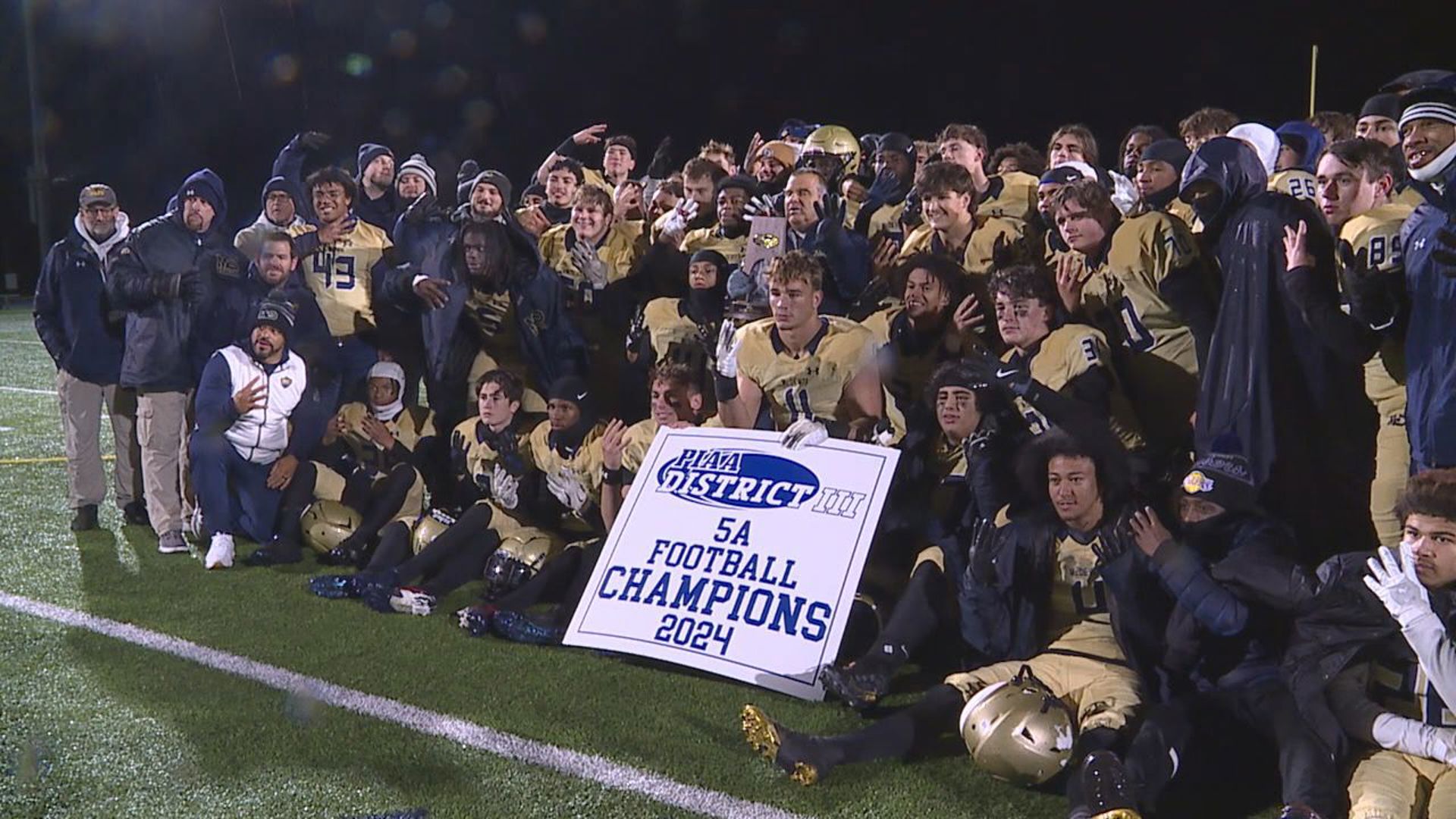WASHINGTON — The job market in 2024 is a paradox. Every other LinkedIn post shouts "We're hiring!"—yet inboxes remain painfully void of replies. Many job seekers are left wondering: If you’re so desperate for talent, why won’t you return my calls?
Despite all the buzz about employers urgently needing workers, candidates are often ghosted. The reality of navigating the job market today is that it's less about sending out a flood of resumes and more about mastering the fine art of navigating a complex hiring environment. Let’s take a look at why you might not be hearing back and how to up your chances of snagging that interview.
1. The Application Black Hole
First, let's talk about the dreaded Applicant Tracking System (ATS). These software systems are designed to weed through the thousands of resumes employers receive. If your resume isn’t perfectly tailored to the job description (down to the keywords) you might as well be throwing it into the void.
In 2024, ATS software has become more advanced, sifting through applications with ruthless efficiency. So even if you’re the ideal candidate, if your resume doesn’t pass the algorithm’s test, no one will ever know.
2. Job Listings Are a Wish List
When employers list a job, they often create a dream profile of the "perfect candidate." It’s not unusual for this wish list to include five years of experience, knowledge of obscure programming languages, and the ability to make a mean cup of coffee.
This approach means candidates with solid, but perhaps less than perfect, qualifications are often overlooked. In 2024, employers have become so fixated on checking every box that they may ghost a great candidate because they don’t meet one minor requirement.
3. "Urgent Hiring" Isn't Always So Urgent
Despite the “We need someone ASAP!” vibe many companies give off, the hiring process in 2024 can still be incredibly slow. Internal decision-making can get bogged down by bureaucracy, hiring freezes, or even changes in the company’s financial outlook. What was once urgent can quickly turn into a position that’s left open for months.
So, while companies might make candidates feel like they're in a race against the clock, behind the scenes, time moves a lot more slowly.
4. Ghosting
Ghosting isn’t just reserved for Tinder dates anymore, it’s become an unfortunate reality of the 2024 job market. You might go through several rounds of interviews, thinking things are going great, only to never hear back. While it feels unprofessional, the truth is that companies are overwhelmed, and the feedback loop has collapsed in many organizations.
This radio silence can be attributed to anything from shifting hiring priorities to decision fatigue. Employers, facing their own pressures, may choose to avoid uncomfortable rejection emails altogether.
5. Overwhelmed Employers
Let's face it: employers are inundated with applications. Thanks to job platforms like LinkedIn and Indeed, it’s easier than ever to apply to dozens of jobs with a single click. While this is great for candidates, it creates a mess for HR departments. Hiring managers are often overwhelmed by the sheer volume of applicants, and even qualified candidates can slip through the cracks.
In 2024, the shift toward remote work has expanded the talent pool, meaning that a job posting in New York could easily get applications from San Francisco, London, or even Sydney. The global competition for jobs adds another layer to the problem.
6. Skills Mismatch
One of the most significant reasons candidates aren’t hearing back? The skills gap. The pandemic accelerated the digital transformation across industries, and many roles now require highly specialized skills, particularly in tech and data analytics.
If you're applying for jobs in these fields without the right technical skills, you might be passed over in favor of candidates who are more up-to-date. Employers want workers who can hit the ground running in 2024, and that often means expertise in tools, programs, or platforms that didn’t exist five years ago.
7. The Real Secret to Getting Noticed
While the job market might seem bleak, there are ways to improve your odds. Tailoring your resume for each application is essential, particularly when it comes to beating ATS systems. Use the exact phrases in the job description. Yes, it’s tedious, but it works.
Networking, however, is the real game-changer. The adage “It’s not what you know, but who you know” rings truer than ever in 2024. Leverage LinkedIn, attend virtual networking events, and make meaningful connections. A referral from a current employee can be the golden ticket to get your application out of the ATS abyss and in front of a real human.
8. Persistence is Key
It can be disheartening to send out dozens of applications and hear nothing in return. But remember, the hiring process in 2024 isn’t just broken for job seekers, it’s hard on employers too. They’re navigating a complex landscape of rapid technological change, internal pressure, and an overwhelming volume of applicants.
Instead of throwing in the towel, keep refining your approach. Follow up on applications, continuously improve your skill set, and stay adaptable. The job market may be challenging, but success still favors the persistent.
So, if you’re feeling ghosted in your job search, you’re not alone. The 2024 job market may be more competitive and complex than ever, but with the right strategies—tailored applications, networking, and a sprinkle of patience—you’ll stand out. And next time you see that "urgent hiring" post, you might just be the one who breaks through the silence.



